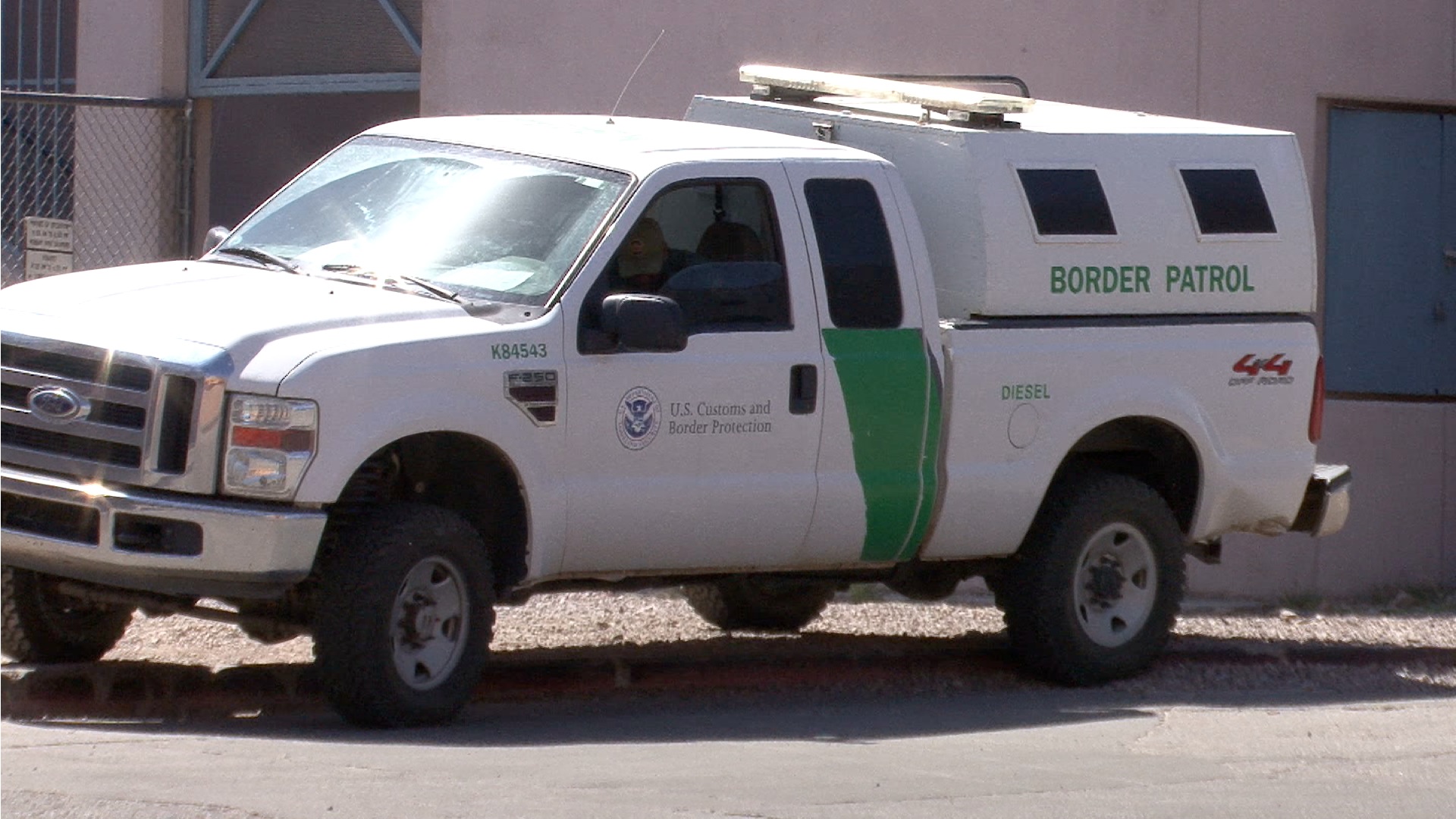 Large trafficking of illegal immigration and drug cartels are the highlighted topics in media outlets, but residents along the United States-Mexico border believe that often times these topics are taken out of context.
Large trafficking of illegal immigration and drug cartels are the highlighted topics in media outlets, but residents along the United States-Mexico border believe that often times these topics are taken out of context.
To them, it’s a just a place to call home.
Ada Wilkinson-Lee, a Latin American Studies professor at the University of Arizona, grew up in Douglas, along the Southwest border. She said she could hear crossers, but never feared them. Wilkinson- Lee’s research today is in Latino health and border communities.
“If border crossers are depicted as dangerous or as potentially coming in to harm home owners then of course people are going to be hyper-vigilent and be afraid of all potential strangers,” said Wilkinson- Lee.
Wilkinson feels as if people often get the wrong idea of who to fear. She discusses how a lot of the times people fear border patrol more than those individuals actually trying to cross the border. Border Patrol has its agents scattered across the areea, investigating whether residents are legal citizens. With these type of protocols being enforced, many residents have fears of being falsely identified. 
Ryann Quick, a UA student and former resident of Nogales, said her hometown was like any other place. Nogales, Ariz., is a small quiet town located 70 miles south of Tucson. Quick feels that the media often portray border towns as dangerous areas.
“Its not a war area. People aren’t shooting across the border at us,” said Quick. Like many Nogales residents, Quick has had experiences with migrants suffering while trying to cross over to U.S. land, but could not help them due to U.S. law of aiding and abetting.
According to the Federal Immigration and Nationality Act, aiding and abetting is a violation of U.S. law that prohibits and discourages the assistance of an undocumented person who has entered the country illegally. The law also prohibits the harboring, shielding and concealing of a migrant in U.S. territory.
Often times, Nogales residents see migrants in need of food and water, but fear being criminalized and being sent to jail for aiding an individual.
“It’s complicated because it becomes about human rights over legal rights and whats right in your mind,” said Wilkinson-Lee.
 The Nogales Border Patrol station is the largest border patrol station in the United States. Its agents patrol 1,100 square miles of rough terrain and 32 miles of international territory.
The Nogales Border Patrol station is the largest border patrol station in the United States. Its agents patrol 1,100 square miles of rough terrain and 32 miles of international territory.
With 24 hour survelliance, Quick says that most residents feel more safe than harm.
“You feel very protected because there is always somebody out there patrolling,” said Quick. “There’s more than just bad, there’s also good.”
{vimeo width=”600″ height=”380″}64258629{/vimeo}

